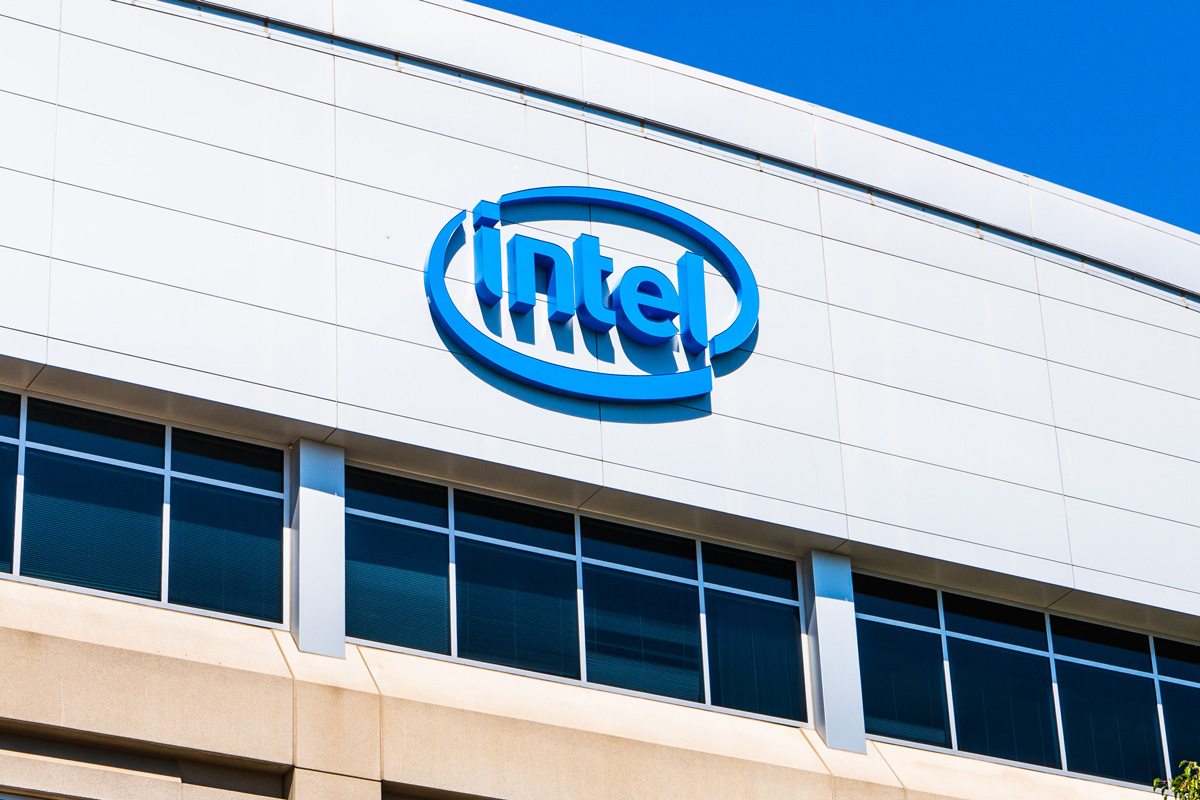Intel has recently launched the RealSense ID which is a facial recognition solution reliable on its RealSense depth-sensing technology. RealSense started as a Kinect-style camera for touch-free interaction but RealSense ID looks like an attempt by Intel to reposition its camera business towards secure, on-device facial recognition first and also potentially putting the company in the crossfire of controversy.
RealSense ID builds up on the depth-sensing technology of Intel with neural network for identifying faces, a dedicated system-on-a-chip and a secure element which encrypts and processes user data. The device will learn and adapt to a face over time, working around facial hair, different skin tones and face masks, as stated by Gizmodo. The tech can be found on a module that can be integrated into other products or as a one peripheral which can be plugged into a computer.
The RealSense tech of Intel has been knocking around for many years, popping up in odd and tech demo use cases like inserting your face into Fallout 4 and other useful ones like unlocking a laptop with Windows Hello. Intel states that this new application of RealSense can be used in a large number of settings like ATMs, registers and smart locks. But the company has not mentioned the other well-known use of facial recognition – governments and law enforcement agencies tracking and profiling people.

In 2020, facial recognition software made by Huawei was used to track the persecuted Uighur minority at China. At US this past summer, facial recognition tech was used by New York City police Department for tracking a Black Lives Matter Activist accused of assault. Intel claims that it processes facial recognition at device but it’s not clear how this would work to provide you access to a bank’s ATM or at cash registers. Beyond the potential of abuse, facial recognition software has been found as biased for race as well as gender and opens up the possibility of false positives.
Intel has taken steps for addressing the potential for bias in RealSense ID by building out a a more diverse sample of faces for training on the RealSense. Intel told VentureBeat in a press briefing for the new device that they have done extensive data collection of every ethnicity from Asia, Europe and Middle East Africa. The company said that RealSense ID has one-in-a-million chance of falsely identifying someone but we have to wait and see if outside researchers can find flaws.
The technology is not the only future which is being imagined for RealSense. For CES 2021, Intel announced RealSense Touchless Control Software (TCS) that uses Intel’s RealSense Depth Camera to allow users to interact with touchscreen by hovering the finger over it instead of touching it. Similar to facial recognition, the application makes a lot of sense for a world that is still fighting with the pandemic and shows that there is still some room for RealSense’s motion controller past.
The RealSense ID peripheral of Intel is now available for pre-order at a price of $99 and the RealSense ID Module is available at a pack of 10 priced at $750 and Intel is planning to start shipping both of them in March 2021.

